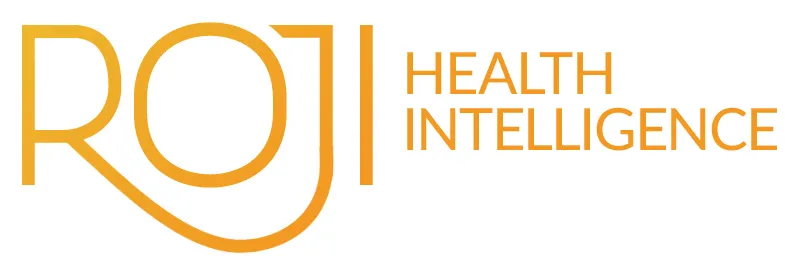“In times of rapid change, experience could be your worst enemy,” said J. Paul Getty. He might have been giving us advice on how to transform health care. We have reached the tipping point for broader adoption of ACOs and other Advanced Alternative Payment Models (AAPMs) to organize health care and payment under both Medicare […]
Shared Decision-Making May Be the Next Consumer Health Movement
Consumers are rapidly mobilizing around all aspects of health care—affordability, access to the system and choices about their care. As changes in health insurance shift more and more cost onto consumers, patients want to be involved in decisions that will affect their finances as well as their health. Yet they face a dilemma: The only […]
Don’t Just Check the Box: Capture the Patient’s Story to Define Meaningful Goals of Care
What does Shared Decision-Making between doctor and patient really look like? I spent four decades as a primary care physician, as well as 27 years teaching medical students and residents. Looking back on my treatment of patients, I now question whether my management was driven by what the patient wanted—or by what I wanted for […]
Time Out! How Strategic Pauses Can Enhance Medical Decision-Making to Improve Outcomes
Health care providers are under increasing pressure to improve outcomes for patients with chronic conditions. There is pressure to meet quality measures, to establish programs that improve outcomes, to decrease costs for these conditions (utilization as an outcome)—or a combination of goals. At issue: what works, what is affordable, what is acceptable to patients and […]
Reining In Medical Costs Might Work If We Could All Agree What “Cost” Means
A few days ago, a couple of providers commented on my recent posts about cost performance improvement in health care. The first of these posts reviewed obstacles to provider strategies for managing costs and how to overcome them, and the second addressed technology that providers would need to both measure and improve performance. One commenter took […]
Can the New Year Bring A Real Solution to Affordable Health Care–From Providers?
Every New Year, we commence another round of solutions to fix our expensive health care system. 2018 will be no different. A predicted 5.5 percent increase in medical costs over last year will no doubt spawn new efforts to contain direct payments to providers or transfer costs to consumers—or both. No solution has appeased health […]
The Crux of Shared Decision-Making: Who Is Actually Deciding?
Shared Decision-Making is an emotionally charged topic for both physicians and patients. Physicians believe they have their patients’ best interests at heart by guiding them into better health through therapies to improve their conditions. Physicians may believe, in fact, that by explaining health status and treatment alternatives (followed by asking the patient to decide), they […]
Is Shared Decision-Making the Path to Improved Provider Performance?
As an escalating percentage of Americans (including children) are diagnosed with diabetes and hypertension, the health care system is straining to control costs and demonstrate good clinical outcomes. No surprise that providers blame patients for lack of compliance with therapies or lifestyle changes that will improve their health status. Hence the uptick—some say warranted—in incentives […]
For Tough Medical Decisions, Hard Choices Require Hard Facts—Not Conventional “Wisdom”
What matters in medical decisions is what we know, not what we think. In the late 1980’s I cared for a pregnant woman with breast cancer. Breast cancer is the most common form of cancer in pregnancy, but uncommon in frequency, occurring in about 1 in 3,000 pregnant women. Providing and receiving treatment is certainly […]
Choose the Right Strategies and Technology to Improve Cost Performance in Health Care
Fee for Service (FFS) reimbursement is going the way of the dinosaurs, but many providers are ignoring the signals. Here are two clear indicators: Medicare’s adoption of episodic cost models and the planned movement to financial risk models for both Medicare and Medicaid. Indeed, most Medicaid plans have now transitioned the majority of beneficiaries into […]










